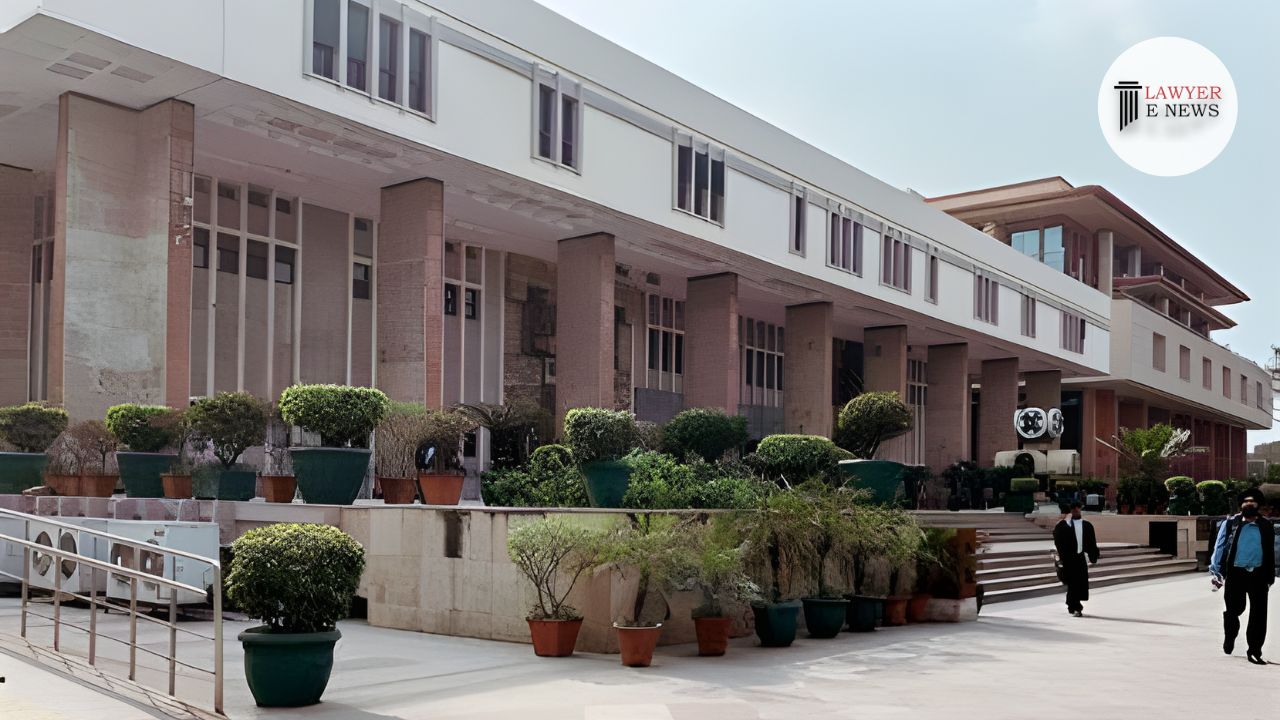-
by Admin
15 February 2026 5:35 AM



In a significant ruling, the Delhi High Court dismissed a plea challenging the compulsory retirement of a Research & Analysis Wing (R&AW) officer under Fundamental Rule 56(j), emphasizing that even a minor lack of dedication is critical to national security.
The court considered the application of Fundamental Rule 56(j), which allows for the retirement of government servants in public interest based on a comprehensive assessment of their entire service record. The rule stresses that such retirement is not punitive and carries no stigma.
Petitioner Jitendra Kumar Ojha contested his retirement, arguing it was procedurally flawed and biased, and that his record was exemplary. His retirement followed a review that concluded shortly after he reached the age threshold for retirement, leading to legal challenges up to the High Court.
Review of Service Record: The court noted that the review encompassed Ojha’s complete service dossier, affirming that past performance, including adverse records, can be considered under FR 56(j).
Procedural Adherence and Timing: The court found the review procedurally fair, stating that minor deviations from review timelines due to administrative exigencies do not invalidate decisions under FR 56(j).
Nature of Compulsory Retirement: Emphasizing the non-punitive nature of compulsory retirement, the court reiterated that the measure aims to enhance organizational efficiency without casting aspersions on the officer’s integrity.
The Delhi High Court ruled that the retirement was justified based on a thorough review of the service record and adherence to procedural norms, highlighting that the public interest necessitates removing even slightly disinclined officers from sensitive positions like those in R&AW.
Date of Decision: April 29, 2024.
Jitendra Kumar Ojha vs. Union of India,
